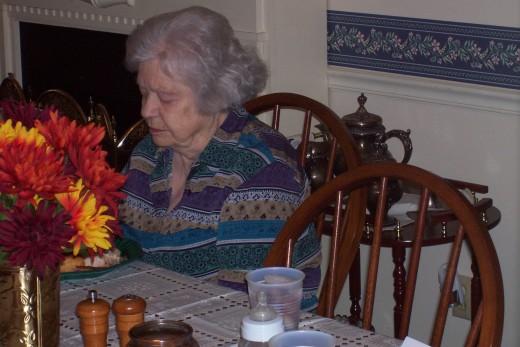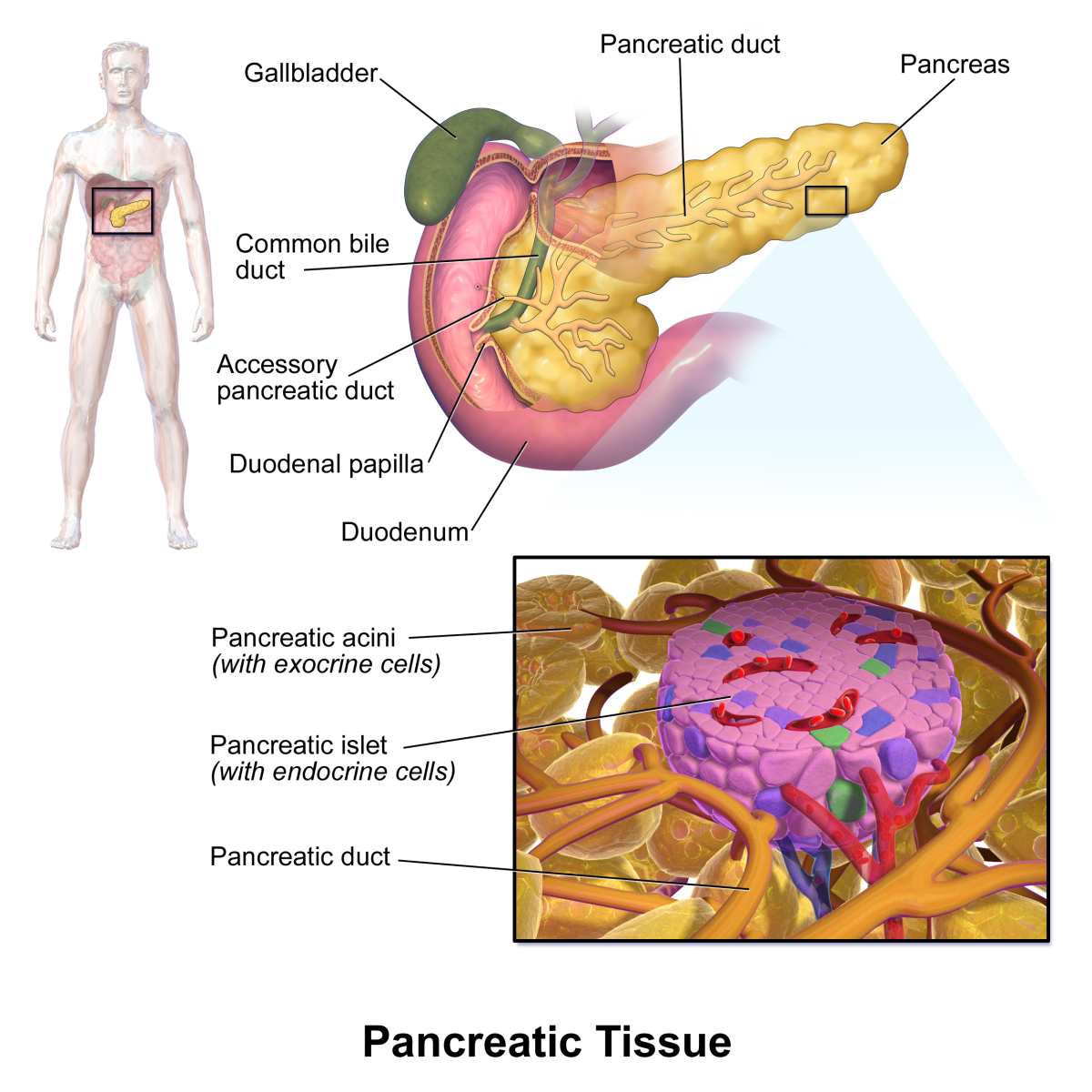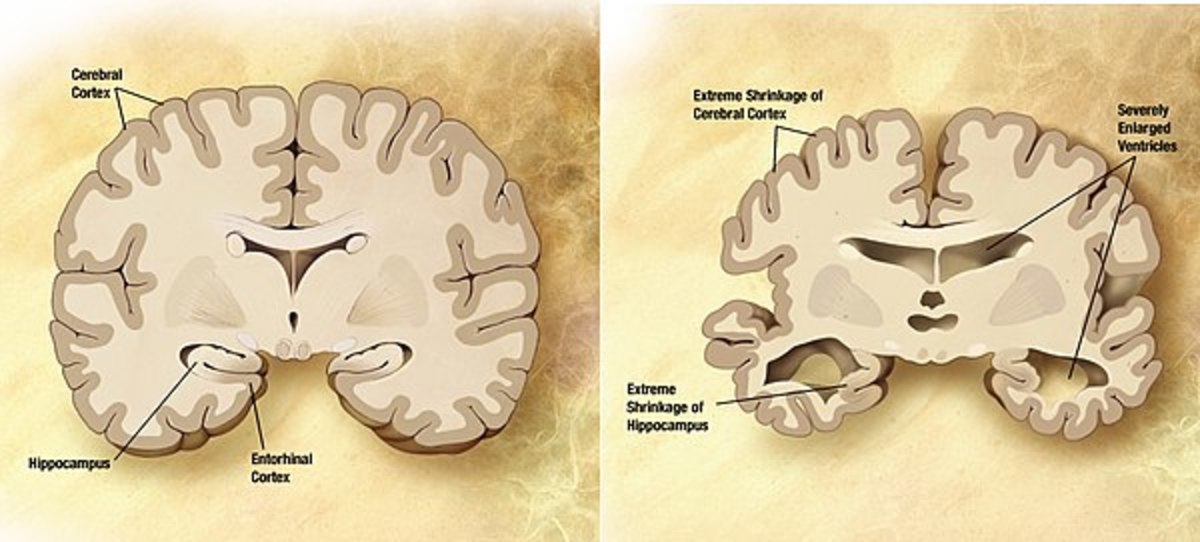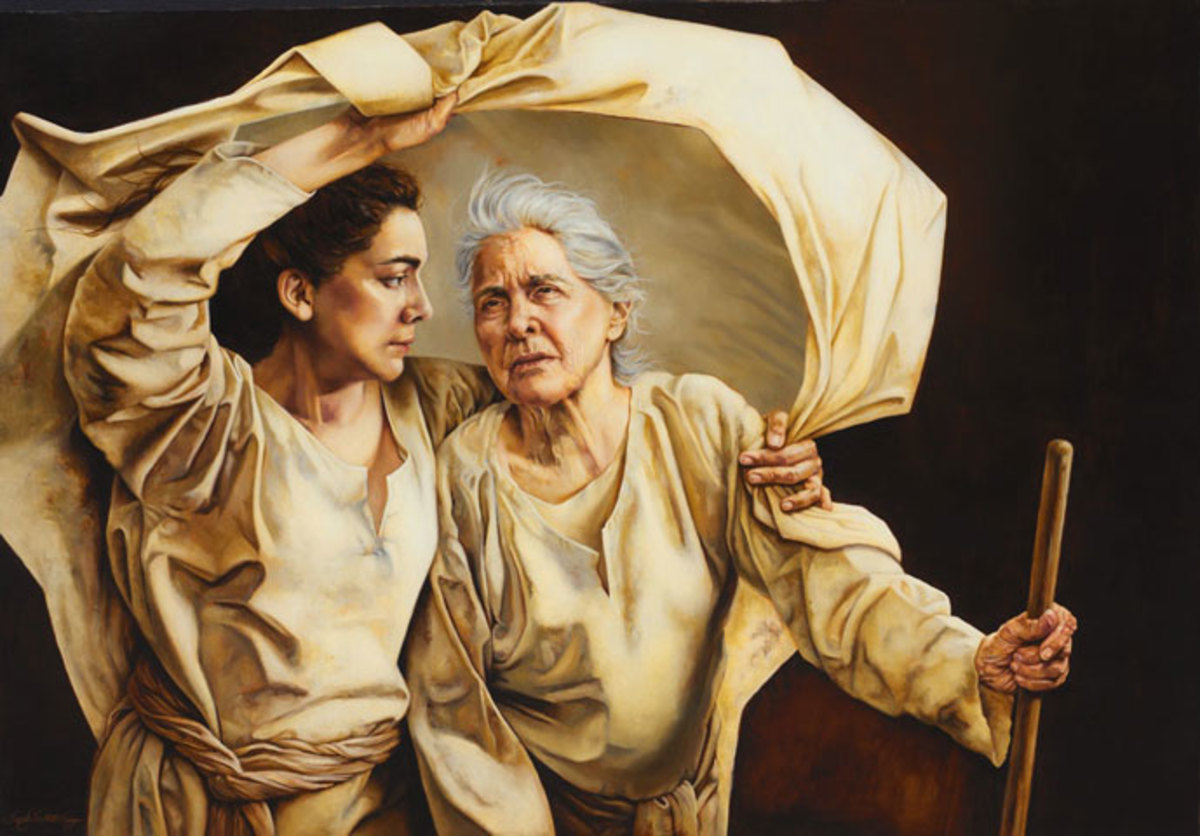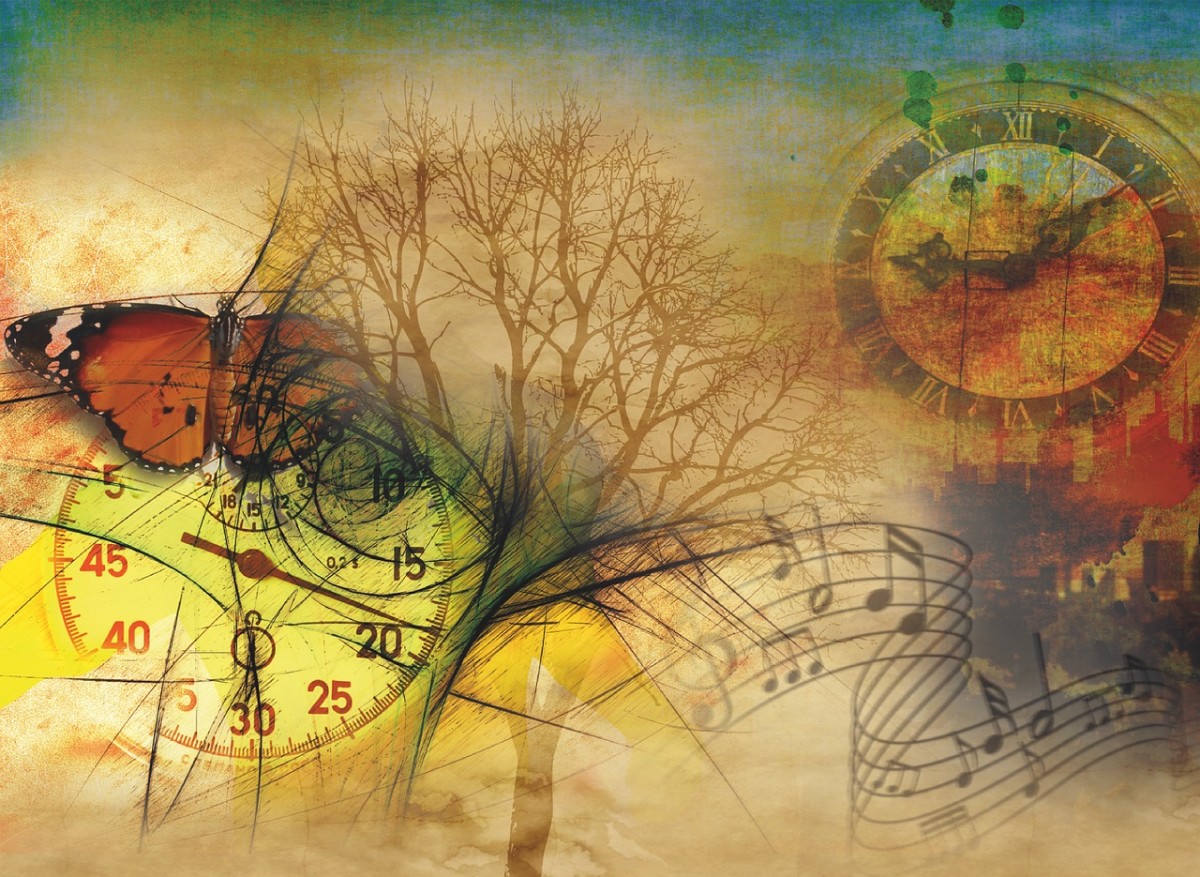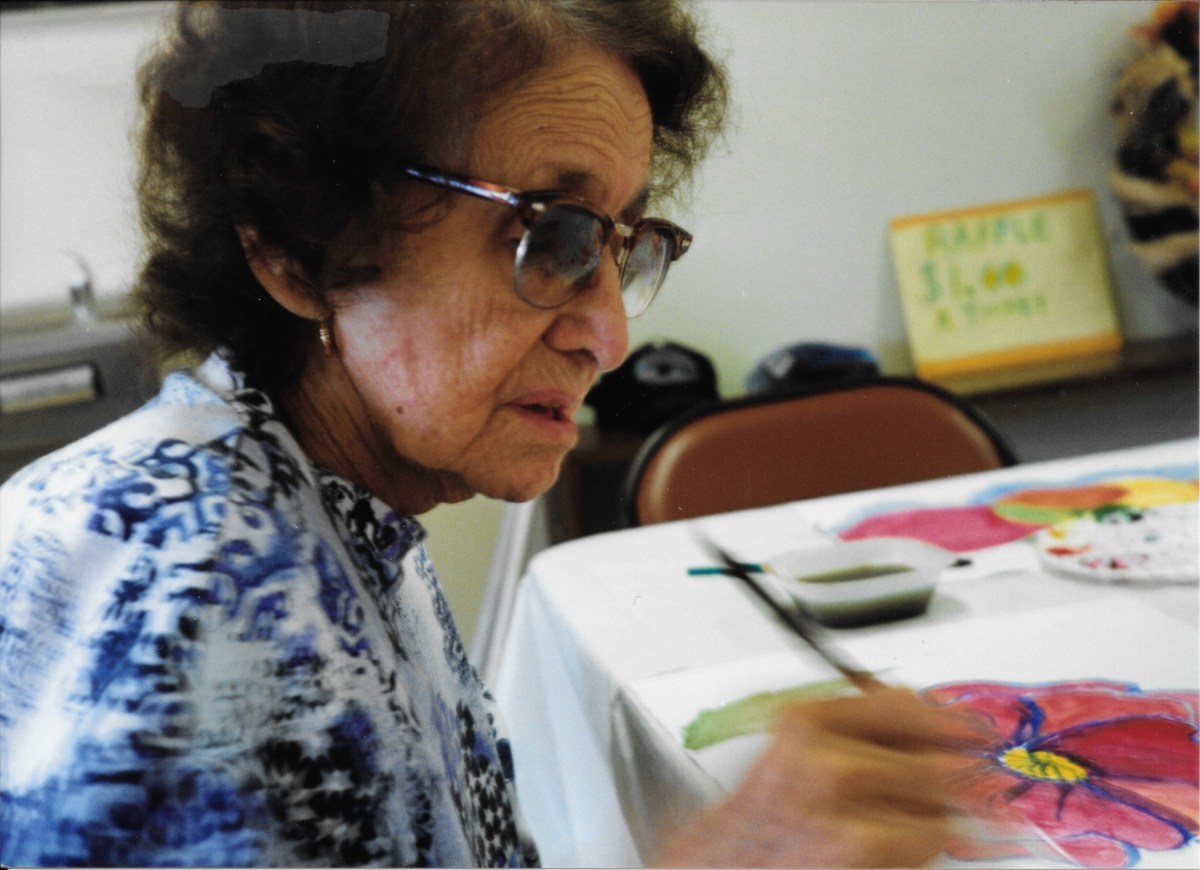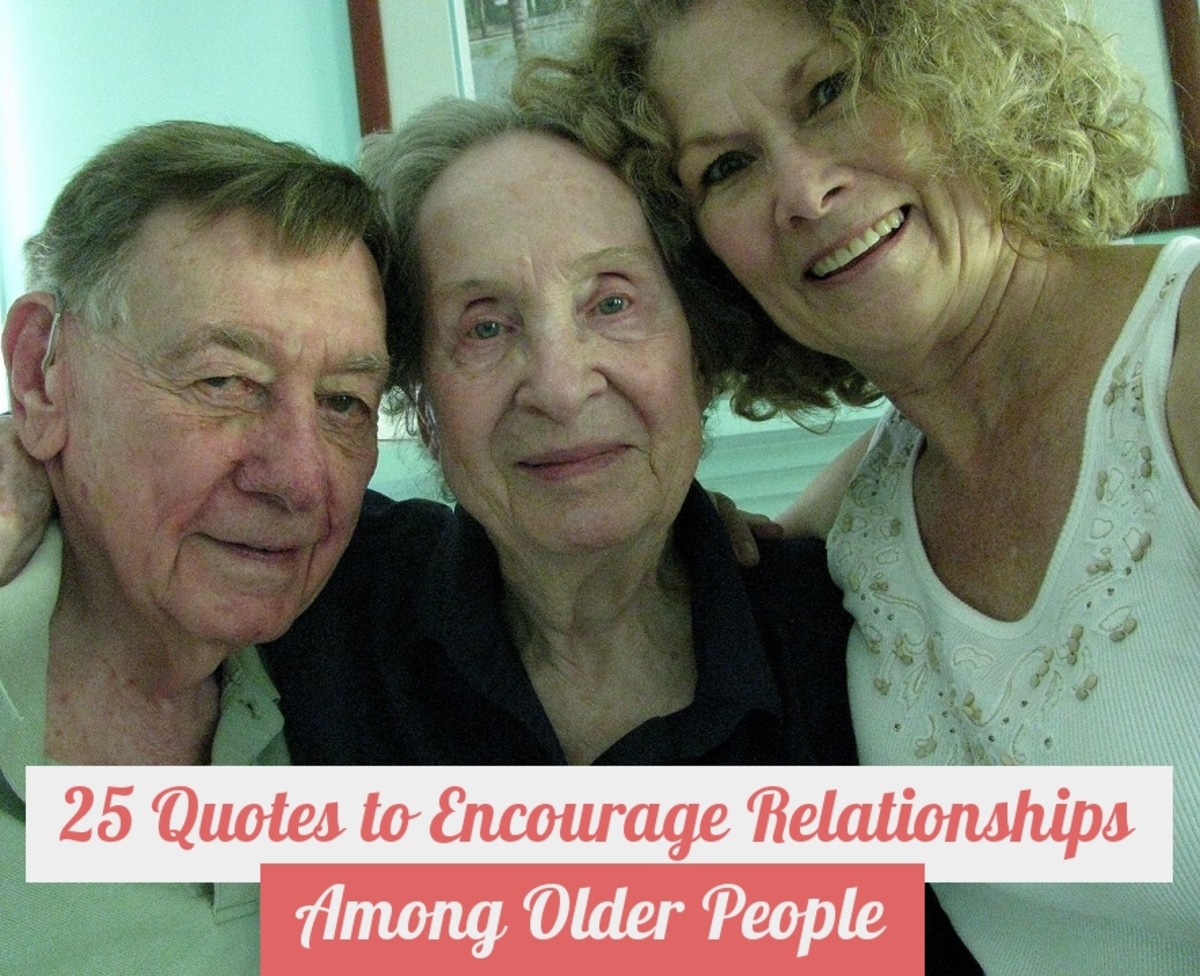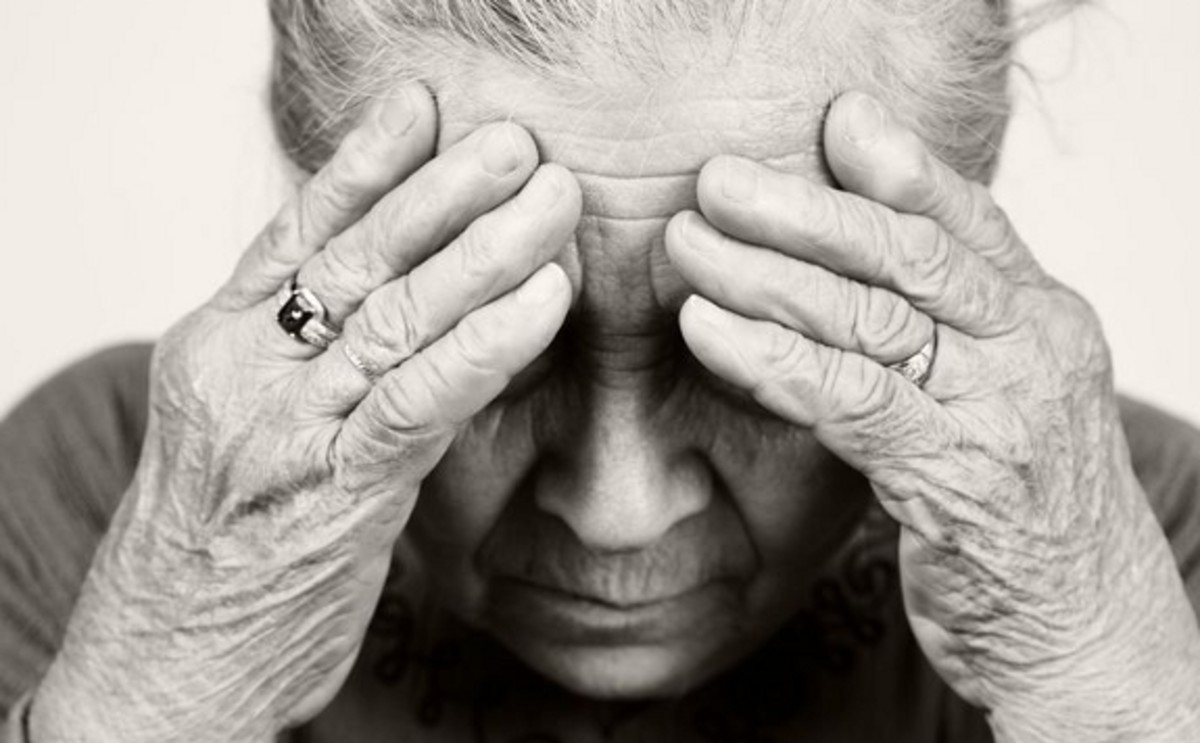Alzheimer's: Tips for Coping
Alzheimer's disease
I know all too well the heartbreak known as Alzheimer's disease. My gandmother had it, but at the time, I was too young to fully understand the condition. But when my mom developed the disease, I got to know and understand it on a daily basis. Below, I offer a summary of my experience with being a caregiver for a loved one with Alzheimer's. Your experience may be different, of course.
Mom had always been forgetful, so it's difficult to pinpoint exactly when the disease began. At first, we thought she had dementia. Mom's younger sister, to whom she was very close, died in 2001. She was Mom's best friend and neighbor. They did everthing together, so her death had a profound impact on my mother. Later that same year, my father committed suicide after a long illness. Needless to say, this took a huge toll on Mom, too, and since it followed on the heels of my aunt's death, Mom got a "double whammy" of grief and emotional pain, and her dementia got much worse. I cite that point as Mom's real decline. We eventually had to face the very real possibility that Mom didn't just have dementia - she had Alzheimer's disease.
We knew that she needed help. My husband and I moved in with Mom so that she could stay in her beloved home. This worked out well for two years, until Mother got worse. She started leaving the stove on, leaving the water running, and wandering off. Hubby and I both worked full time, so we couldn't watch Mom 24-7. Being a retired nurse, she realized what was happening to her, so she made the decision to move into a local assisted-living facility.
She had old friends at the home, so she thought she would be happy there. I was reluctant to see her leave her home of 40 years, but I knew it was the right decision, and the facility was beautiful. Mom had a bedroom, a small living room, a bathroom, and a small kitchen with a refrigerator. The grounds were manicured, and there were outdoor sitting areas, flower gardens, and a pond with ducks and fish to feed. She was excited about joining all the activities at the home and spending time with folks her age. We set Mom's room up per her instructions, with her own furniture.
The day I took Mom and left her at the home was very hard for me. I felt a wide range of conflicting emotions: guilt, relief, excitement, and loss. When I was leaving the facility, they took Mom to the on-site beauty salon to have her hair done. I left, and I cried all the way home.
I'd been home for maybe an hour when Mom called, saying, "You can come pick me up now. They've finished with my hair."
I was shocked, of course. When I explained to her that the facility was her home now, she went ballistic! She called me every name in the book - using words I didn't even know that she knew. I couldn't believe this was coming from my sweet, saintly mother! I called my uncle in tears, and he went to the home to talk to Mom.
I went to see Mother every day, and sometimes I went more than once a day. The home was next door to the school where I taught, so it was easy for me to stop and see Mom on my way home and during my planning block. My brother and his wife, along with my daughters and grandchildren, also visited regularly. During the visits, she was her sweet old self, but at night, the anger would return. This is par for the Alzheimer's course - it's called "sundowner's syndrome."
At night, Mom would call me over and over on the phone - sometimes as often as every five minutes. Seriously. "Please come get me," "Where am I?", "I want to go home." This was heart-wrenching, and I can't tell you how many times I almost jumped in the car to "break her out" and bring her back home. But then my brain would click in and tell me it was the disease talking. I knew she couldn't come home. She had already started a fire, flooded the house, and was seen on a busy street, just wandering around lost.
Mom gradually adjusted to living in the home. In fact, after a while, when we would bring her home for a family get-together, she would be nervous and would keep asking when she could go back. As her cognitive abilities declined, however, her imagination increased. During my visits, she told me some amazing stories. She would tell me about her new job, or about a recent trip she'd made, all with fascinating details. Of course, none of these things had really happened. But I learned not to argue with her. You can't use logic with a person incapable of being logical, so I usually just smiled and nodded.
Sometimes Mom would get on a tear about my dad. She'd ask about how he died. She had erased the suicide from her mind, and we saw no reason to revive that pain. We would just say that he had died of old age, and that seemed to satisfy her. I learned from experience to take the path of least resistance.
Mom stayed at the assisted-living home for two years. Then the day we had dreaded finally came. They told us they could no longer keep her because she was wandering away from the facility. We had to move her to an Alzheimer's unit. Fortunately, there was one down the street from me.
By this time, Mom never asked about going home. Sometimes she didn't recognize family members. When she saw me, her face would light up. She knew that I was someone she loved, but sometimes she couldn't remember my name. Sometimes she thought I was her mother or her sister. At other times, however, she was very clear in her thoughts. I would often see glimpses into the mother I knew before the illness. This is just one thing that makes Alzheimer's disease so difficult to deal with.
During Mom's last few months, she had little interaction with others. She mostly stayed to herself. This was tragic - Mom had always been an extrovert and loved people. But she seemed content. She was always happy to see family members, but she was no longer herself. My mother was gone, and some stranger was inhabiting her body. In a way, this was the most difficult period for me, but I think it was probably actually the easiest for Mom. She was no longer scared, no longer angry, and no longer worried. It's like she was in her own little world.
Mom died in 2008, in her room at the unit. She'd had bouts with congestive heart failure for several days, and had barely been out of bed. The day she died, she actually felt better. She got out of bed, sat in her chair, and stated that she was hungry. Her nurse hurried to the cafeteria to get Mom a tray, and when she returned, Mom was dead.
When I got word, I rushed to the facility. My brother and his wife were already there. I asked everyone to leave the room so that I could be alone with my mother. I sat there and held her hand, telling her how much I loved her and how much I would miss her.
Dealing with a loved one who has Alzheimer's is unimaginably difficult. It's a roller coaster ride of emotions, and it's almost as if you have to endure two deaths - one when you finally accept that the person you knew is gone, and the other, the physical demise of the body. You'll need a strong support system of friends and family members to help.
Don't be afraid to ask for help. There will be times when you simply cannot deal with the patient. Taking a day off will vastly improve your own well being. It's also important for you to "open up" to trusted friends and family, or perhaps to a minister or counselor.
Read everything you can find about Alzheimer's. Arm yourself with knowledge. Ask the doctor questions. You can find a wealth of help and information at the Alzheimer's Foundation.
After the death of the loved one, you'll have feelings of guilt. Could I have done more? Why was I short with her sometimes? Maybe I should have done this, or perhaps that.
All this is perfectly normal and is just part of the grieving process. Trust me - it will get better. Now when I think of Mom, I always remember how she was before the illness. I remember what a fun-loving, caring, intelligent individual my real mother was before she fell victim to Alzheimers.
Read more about health:
- Adult Care Choices
Adult care and eldercare are growing problems in the United States today. In general, people are living longer, and when they get to the point that they can no longer live alone, they often have to leave... - How to Recognize the Symptoms of Alzheimer's
Alzheimers is a terrible disease. In fact, Im convinced that its just about the worst fate that can befall a human being. Not only is Alzheimers tragic for the person who suffers from it ... - Important Vitamins and Minerals for Seniors
Its amazing the power some vitamins and minerals have. Funny, these things have been around forever, but thanks to the multitude of scientific studies, scientists and doctors are just beginning to unlock... - Foraminal Stenosis: Symptoms, Causes, Diagnosis, Treatment Options, and Home Remedies
What is foraminal stenosis? Foraminal stenosis, also referred to as neural foraminal stenosis, is a narrowing of the foramen. The foramen, put simply, is the area between the vertebrae the hole - from... - Improving Fertility without Drugs: 25 Tips
Fertility rates in the US have sharply declined over the last few decades. Thousands of couples today have trouble conceiving. Doctors are not completely sure what has caused the decline, but several... - Alzheimer's Foundation
Mom's last Thanksgiving. I've seen Alzheimer's disease. I know it well, though I certainly do not consider it a friend. I watched as it took my grandmother. Its voracious appetite was not sated, however,... - Nursing Home Neglect and Abuse
The time will come for most of us when he have to face that our parents or other elderly loved one can no longer live alone. Maybe youve even considered moving in with him, or having him move in with you... - How to Prevent, Treat, or Delay Alzheimer's Disease
Alzheimers disease. Just the mention of the word is scary. And the condition is devastating. It robs victims of their mental functions and can even erase precious memories. It can totally change the...
Mom's last Thanksgiving.
